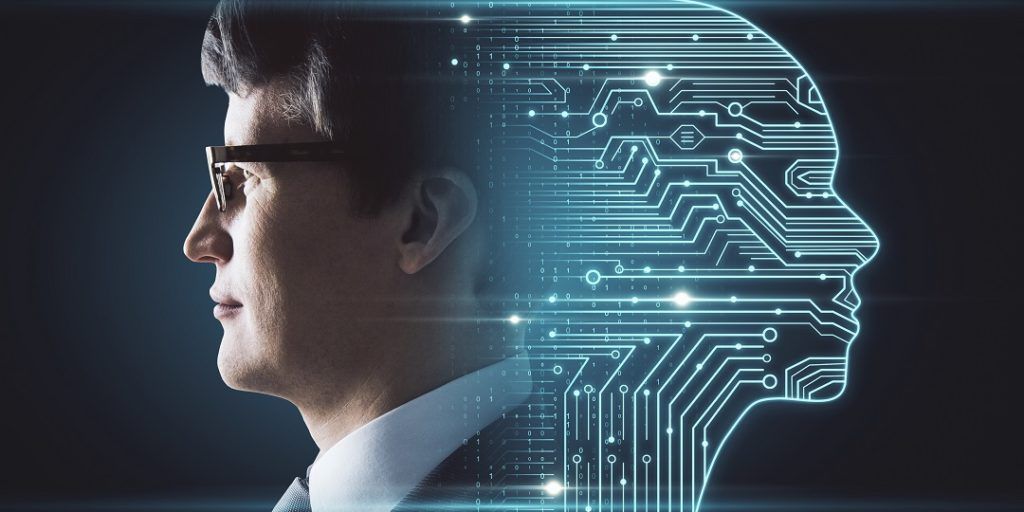All About Artificial Intelligence
The use of
AI has been growing exponentially in the past decade. It is already a big part
of our life which we tend to generally look over, for example when you searched
for this article there must have been some kind of AI to show the best results
or when you use any filters to click pictures or when you use face recognition
to unlock your smartphone. After the Wheel AI has the potential to be the
biggest Technological breakthrough in Human history. It has the potential to change
the future in pretty unimaginable ways despite that we'll try to delve into it
a little more today.
What is AI?
We must
first consider existing AI technology before we can dream about the future. The
ultimate goal of AI is to provide machines with intelligence similar to that
which humans and other animals possess. “The ability of a digital computer or
computer-controlled robots to perform tasks commonly associated with
intelligent beings” defines Britannica. The ability of AI algorithms to learn
from their previous experiences and adapt as a result is a critical component.
They are also capable of finding meaning and generalizing data to derive the
essence of it.
According
to psychologists, intelligence is described as the ability to adapt to new
circumstances. However, it is a combination of talents rather than a single
attribute. Researchers have focused their attention on the following aspects of
intelligence: problem-solving, comprehension, logic, learning, and vocabulary.
Healthcare:
Education :
Every child
is different, and some may need more attention than others in order to grasp a
concept, but it can be challenging for a teacher to offer individualized
assistance to each student in her class. Any student may benefit from personalized
learning thanks to artificial intelligence. AI can allow students to learn from
anywhere in the world at any time, and what could be more convenient than that?
Furthermore, AI can assist teachers with administrative tasks. For instance, AI
may assist teachers in grading students' answer sheets. AI can process
thousands of sheets in a fraction of the time it takes humans.
Translation :

Business :
In the coming decade world's best CEOs might just be robots! If
management is described as the ability to spot talent and properly allocate it,
AI will undoubtedly outperform humans. Or AI has the potential to make people
so efficient on their own that managers can become obsolete, allowing people to
operate their businesses entirely on their own. Businesses may use AI in a variety of
ways, including customer service, process automation, social media tracking,
fraud detection, and more.
Agriculture :
The United
Nations estimates we will need to increase food production 50 percent by the
middle of the century.
AI systems are now assisting
farmers in using precision agriculture to increase harvest quality and
accuracy. It uses artificial intelligence to aid in the detection of plant
diseases, pests, and poor plant nutrition on farms. Artificial intelligence
sensors will identify and target weeds, then determine which herbicides to use
within the appropriate buffer zone. It helps to prevent herbicides and extreme
toxins from making their way into today's food.
Conclusion
Before long, AI will have a huge effect on every industry and every person on the planet. People may be able to spend more on innovative tasks and divert their time away from repetitive tasks.
It will continue to fuel human growth and mankind will witness greatness seen
never before.
-Mayank Singh
Chandel.




Comments
Post a Comment